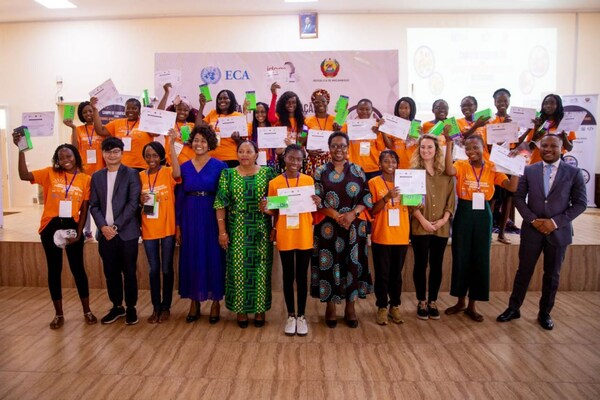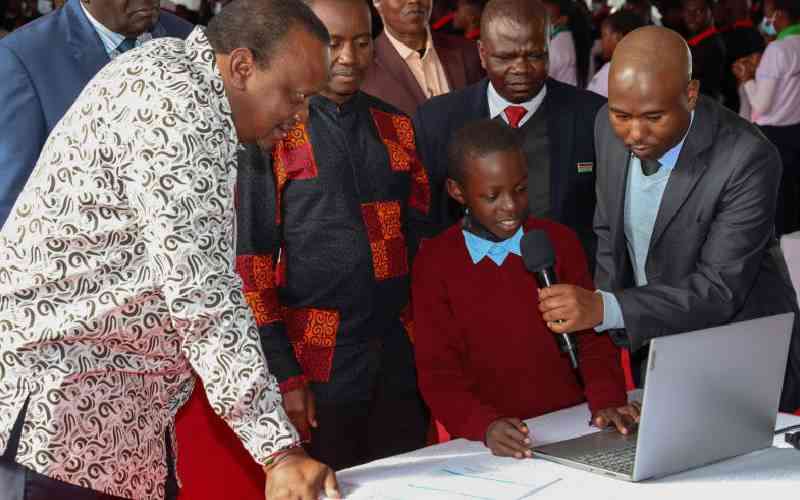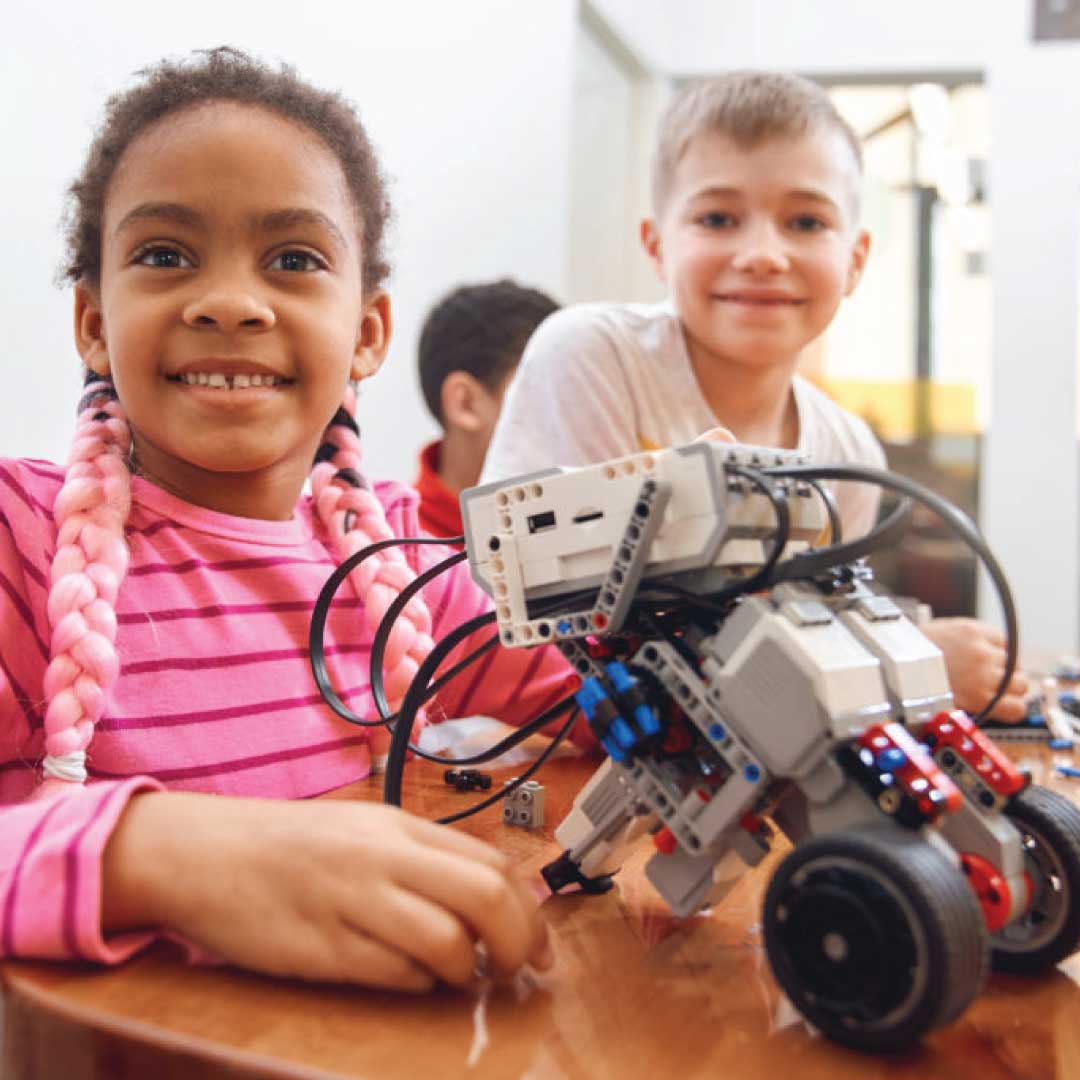Infinix, a technology brand dedicated to empowering today’s youth, has announced its active participation in the 8th Connected African Girls Coding Camp, a transformative initiative organised in partnership with the United Nations Economic Commission for Africa (ECA), the International Telecommunication Union (ITU), UN Women, and co-hosted by the Government of the Republic of Mozambique through the Ministry of Science, Technology, and Higher Education (MCTES), along with local partners.
Read also: Infinix Mobile releases ZERO 30 5G smartphone for improved vlogging
Bridging the Gender Gap in STEAM Fields
The latest Global Gender Gap Report highlights the prevailing gender inequality in science, technology, engineering, arts, and mathematics (STEAM) fields. The representation of women in these areas remains insufficient. As of 2023, in Africa, a region with one of the most significant global digital gender gaps, only 34% of women use the internet compared to 45% of men. High device costs, limited financial resources, and low female literacy rates are key barriers preventing women from accessing and using digital technology.
The primary objective of the Connected African Girls Coding Camp is to empower young women and girls by providing them with essential technical education and skills. Beyond gender equality, the initiative seeks to promote Africa’s integration and foster inclusive economic growth. By equipping young women with the skills needed in the digital era, this program also acts as a catalyst for job creation, actively contributing to poverty alleviation and the overall socioeconomic development of the continent.
The Commitment to Empower Women in STEAM
Mactar Seck, Chief of ECA’s Technology and Innovation Section, emphasised the impact of the program, stating, “Over the past seven editions of the program, more than 30,000 participants from various African countries, both in person and online, have benefited from the training. In this 8th Edition, we are proud to host girls and young women from all provinces of Mozambique, representing urban and rural areas. We are also delighted to welcome participants from Angola, who have joined the camp in person to connect and learn alongside their peers from Mozambique.”
Infinix, as an emerging technology brand, is committed to leveraging technology to enhance Africa’s economy and improve the quality of life, with a particular focus on empowering women. By supporting the Connected African Girls Coding Camp, Infinix’s smart devices play a pivotal role in providing young women and girls with access to essential technical education and skills.
Benjamin Jiang, CEO of Infinix Mobility, expressed the company’s commitment to the initiative, saying, “We look forward to witnessing more African women gaining access to better learning and development opportunities in the STEAM fields. In the future, Infinix will continue to focus on and support local social initiatives, giving back to the community and showcasing Infinix’s unwavering commitment to the economic and educational development of Mozambique and Africa.”
The coding camp, which spans seven days in a hybrid format, combines in-person interactions with virtual elements. The selection criteria for trainees focus on age (between 12 and 25 years), location, interest in ICTs and STEAM subjects, and involvement in innovation projects, campaigns, or job sectors. Infinix has also provided smartphones as prizes for the young women who excel in the camp’s activities.
The physical session is exclusive to 100 participants, with a 60-40 split between urban and rural areas, hailing from Mozambique, Sao Tome and Principe, and Angola. Simultaneously, the virtual session extends its reach to over 3,000 participants from across the continent.
Infinix’s participation in this initiative highlights its commitment to promoting gender equality and advancing the skills and opportunities for women in STEAM fields, ultimately contributing to a more inclusive and equitable future.









